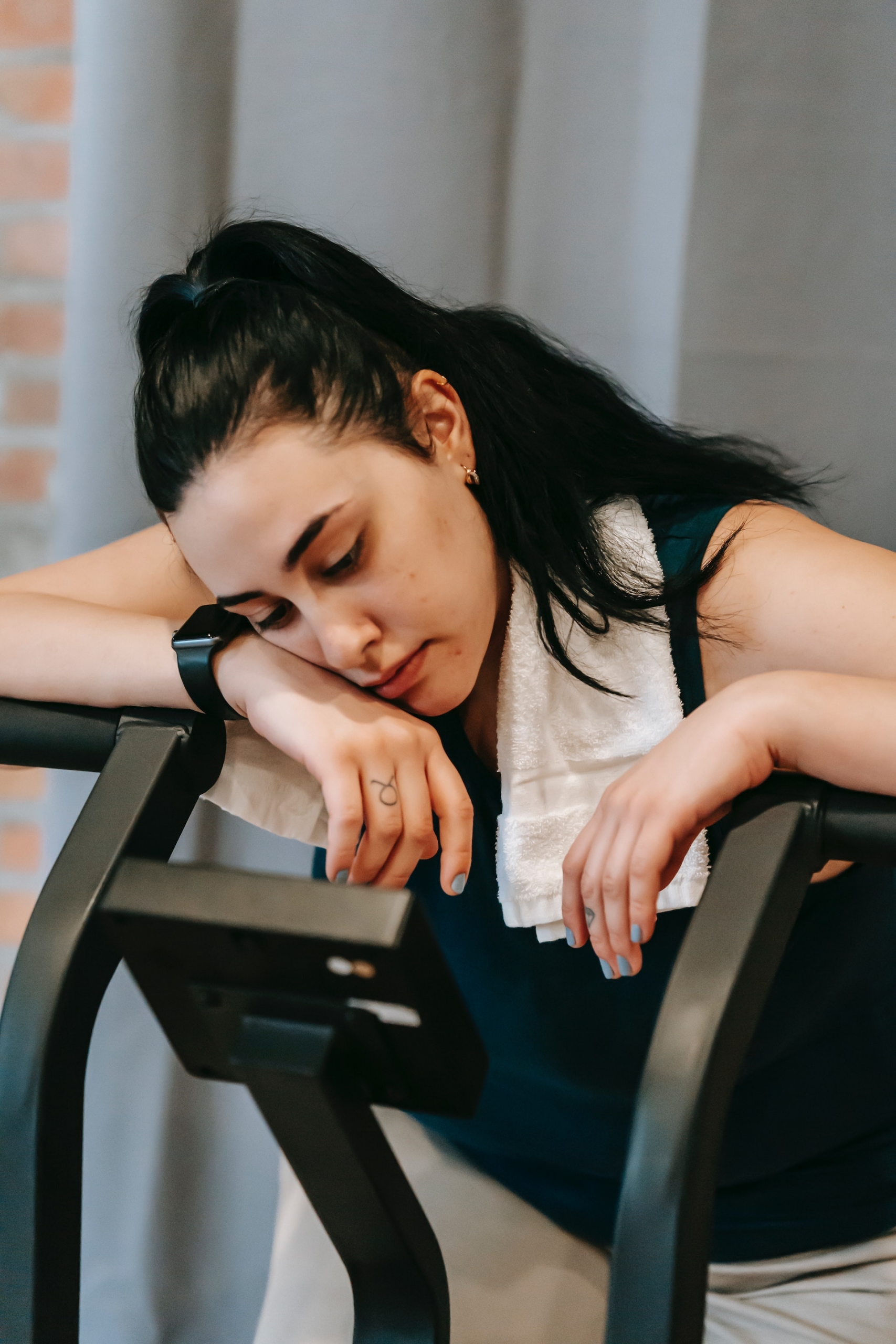The Relationship Between Body Image and Wellbeing
Jun 28 / CATEGORY: Nutrition
Estimated Read Time: 3 minutes 43 seconds
Body image is a mental representation that describes what we believe, think, and feel about our body, and the behaviors dictated by those beliefs. Body image is not stagnant and lives on a spectrum; how you feel about your body can change over time. The three major outlooks are:
-Negative body image is unhappiness with the way you look, leading to a desire to change your size, shape, and appearance.
-Neutral body image means you accept and are satisfied with your body the way it is, eliminating physical appearance as part of your self-worth.
-Positive body image is feeling attractive and confident at any size or shape.

Contributing Factors
We are exposed to beauty standards and diet culture at an early age. Some common factors that influence how we view our body are:
-Culture
-Social media usage
-Family, friends, and diet culture
-Abuse or past trauma
These factors can have a positive or negative impact on how we view our body. Depending on our response, we may deviate towards a positive, neutral, or negative body image. Contrary to popular belief, body shape, size, and appearance do not impact our body image.
Behaviors associated with body image

Many of our daily behaviors, interactions, and relationships are influenced by our body image.
Body checking is an obsessive behavior that involves seeking information about your body’s size, shape, or appearance. There are many forms of body checking:
-Weighing yourself often
-Measuring parts of your body using a tape measure or pinching flesh
-Fixating on body parts in the mirror
-Constantly trying on clothes to assess body size
Comparing yourself to others has a strong effect on body image, sense of acceptance and self-esteem. Comparison serves as an tool to falsely measure where you stand in a group and if you need to ‘improve’ your size, shape, or appearance.
Moving away from self-criticism and towards acceptance and appreciation drastically changes how we view our body. Using positive language in reference to appearance helps you accept the way that your body is and appreciate all it does for you. Popular methods are:
-Positive affirmations
-Gratitude journaling
-Physical and emotional self-care
-Therapy and counseling
Removing factors causing negative feelings towards your body can improve how you view yourself. Ask family members to refrain from commenting on your body and unfollow social media accounts that negatively affect your self-esteem.
Body Image and Mental Health
A preoccupation with our body weight, shape, size, and appearance prevents us from being present. This constant psychological distress creates a higher risk for anxiety, depression, and low self-esteem.
Feelings of shame and body dissatisfaction from negative body image can lead to dangerous eating behaviors like dieting or restrictive eating. These behaviors may develop into disordered eating, eating disorders and body dysmorphia that can become detrimental to physical health if persistent.
On the other hand, body satisfaction and body acceptance are associated with better emotional wellbeing, a lower risk of mental health disorders, and higher self-esteem. With less mental and emotional preoccupation about one’s body, you are more likely to be present in daily life and have a better relationship with food and self.
 Body image and physical health
Body image and physical health
Most people with negative body image are not able to be fully present when exercising due to adjusting clothing as they move or feeling judged by others around them. This makes physical activity less enjoyable causing them to be less likely to engage in movement than those who feel better about their bodies.
In contrast, some people exercise excessively to try to alter their body weight, shape, and size. Compulsive, or excessive, exercise serves as an attempt to control appearance using exercise as a punishment and increases risk of injury. Consistent excessive exercise is dangerous and can lead to mental and physical health concerns.
When engaging in physical activity, take note of what your body is capable of and how it moves, and aim to reduce focus on how it looks. Be proud that you can lift a certain weight or walk a certain distance and remember that manipulating your body size will not improve body image. Enjoy being active and trying new activities. This can transform some of your negative feelings into positive ones leading to body acceptance.
Resources
One way to navigate through negative body image is with a good support system. Spend your time with these people and make amazing memories. Take photos, go on trips, try new activities and above all enjoy yourself.
If you are struggling with your body image, especially as activities that expose more of your body arise this summer, schedule a nutrition session with the RecSports dietitian to receive some guidance.
This post was co-written by:
Jessie Furman, MS, RDN, LD/N, Nirali Patel, and Rachel Rosenthal
Jessie is a Registered Dietitian and Assistant Director for Fitness & Wellness at University of Florida’s Department of Recreational Sports where she does individual nutrition counseling and coaching with the UF community. Follow her on Instagram for more nutrition tidbits.
Nirali is a Program Assistant with Nutrition Services at the Department of Recreational Sports. She is a 3rd year dietetics major with a minor in health promotion.
Rachel is a Program Assistant with Nutrition Services at the Department of Recreational Sports. She recently graduated from the University of Florida with a B.S. in biology and a minor in nutritional sciences.
